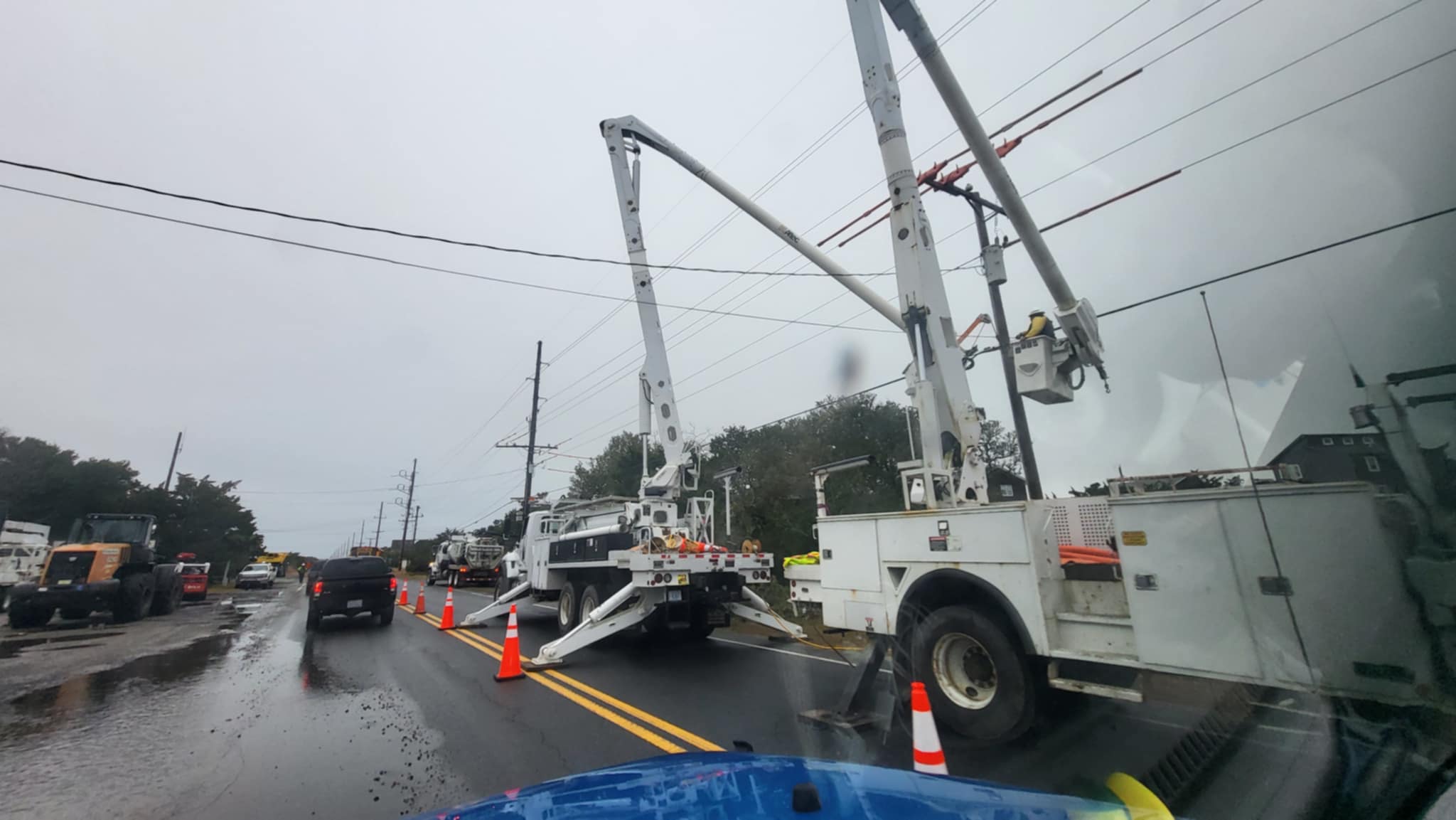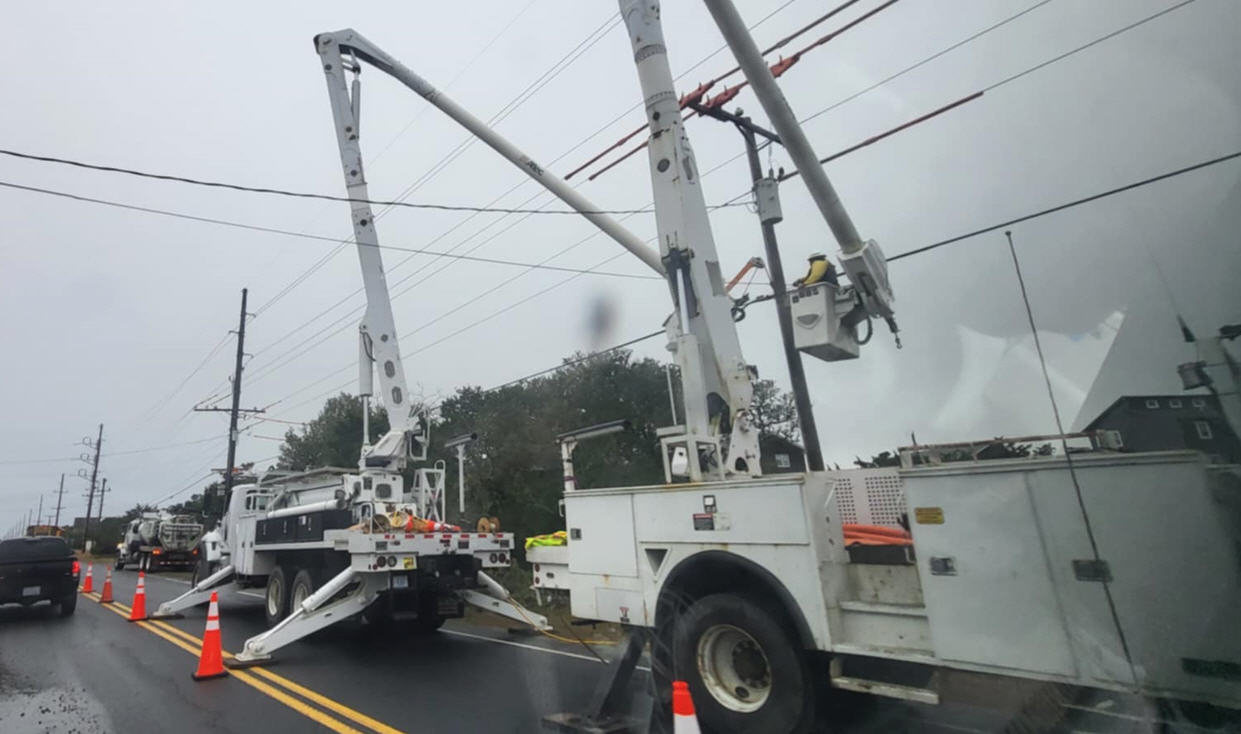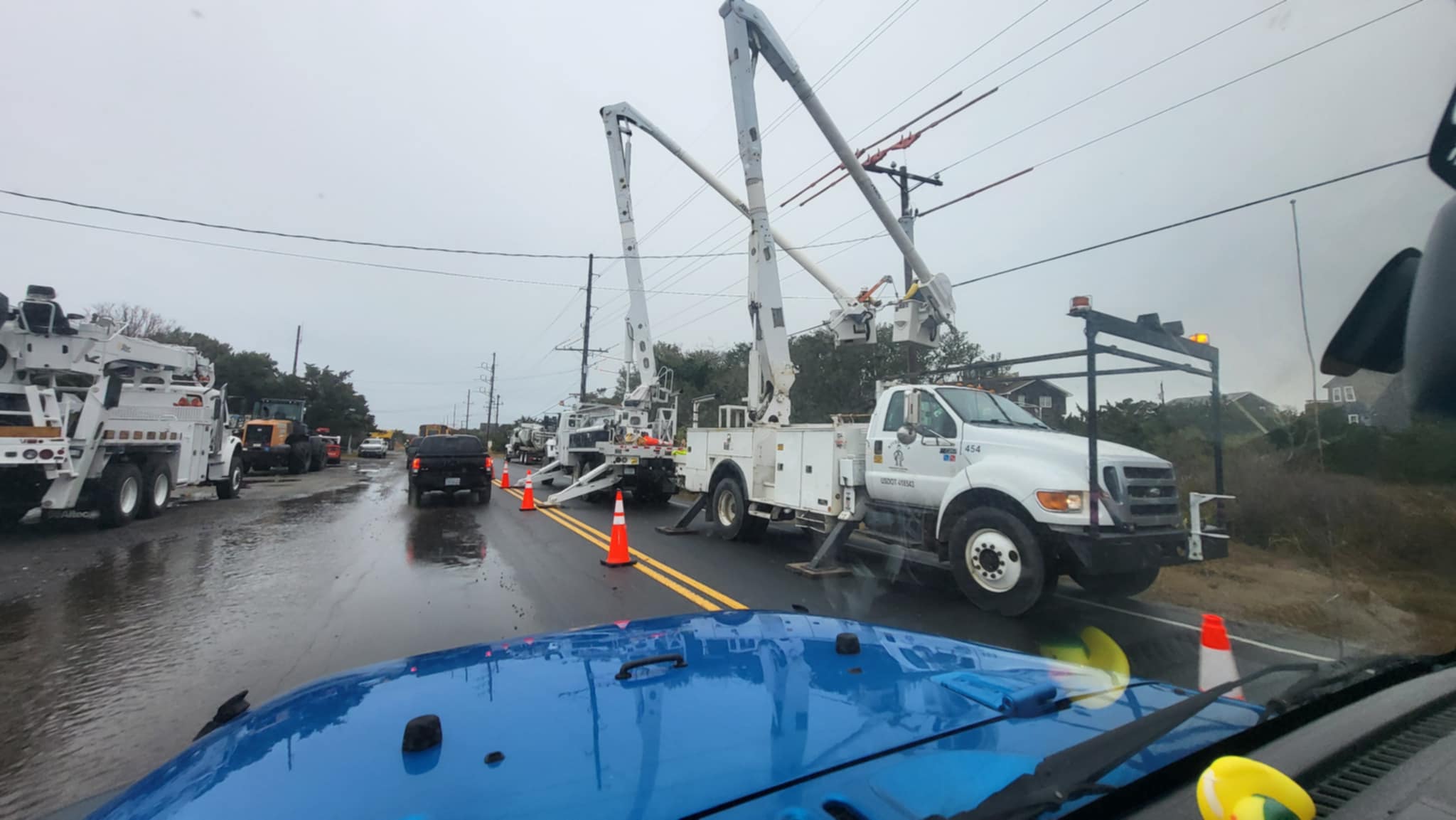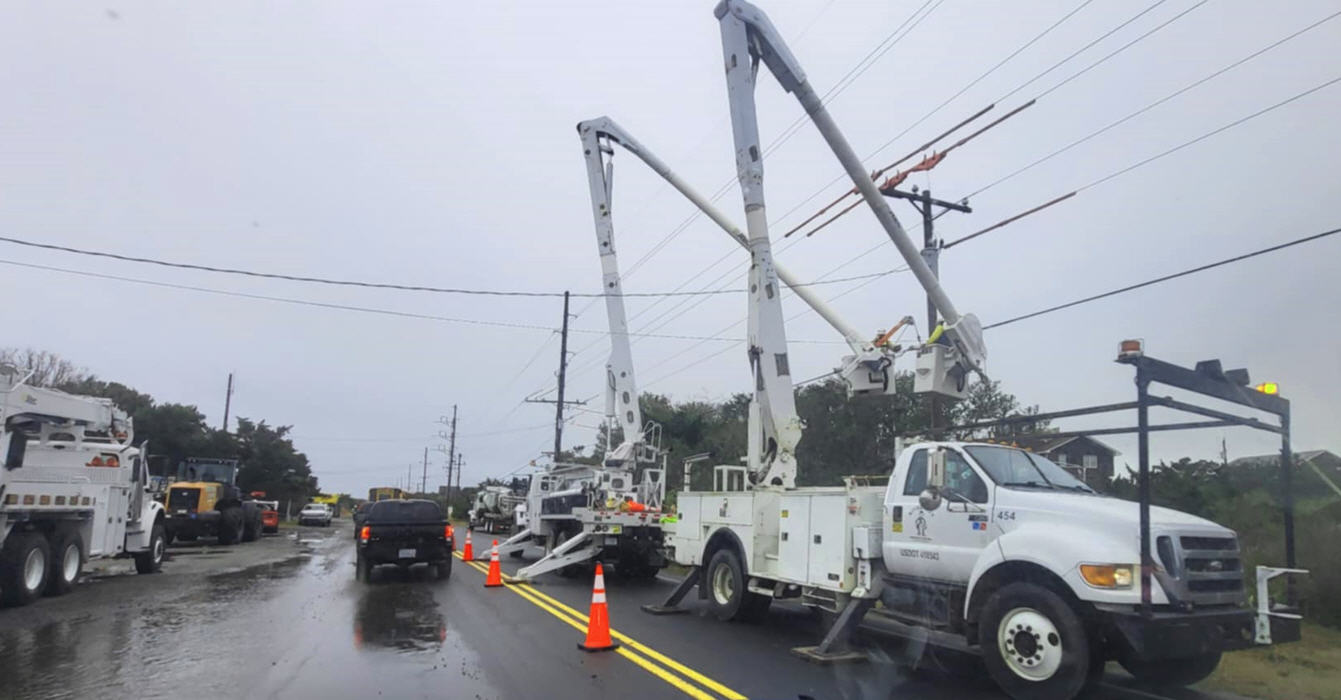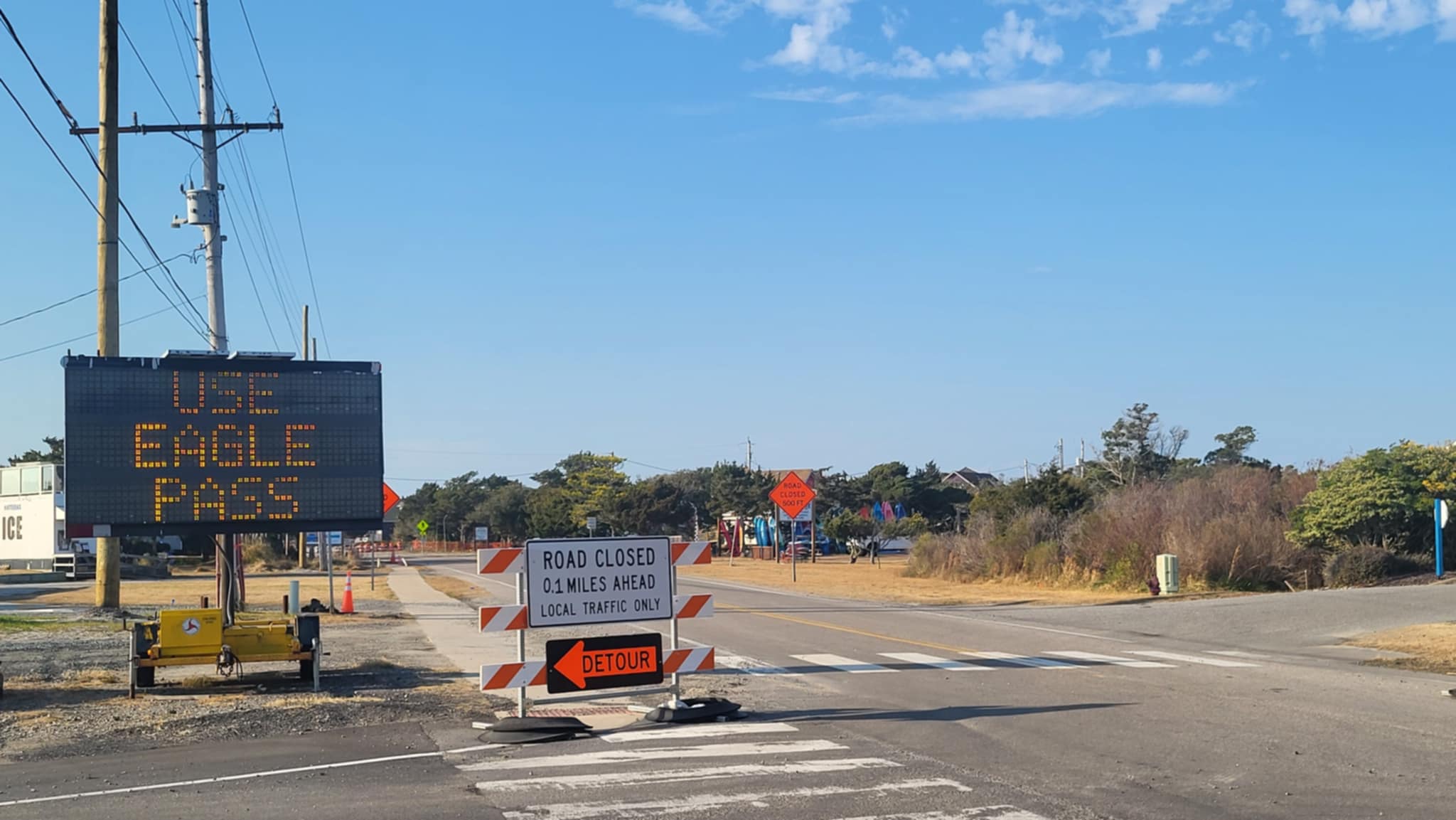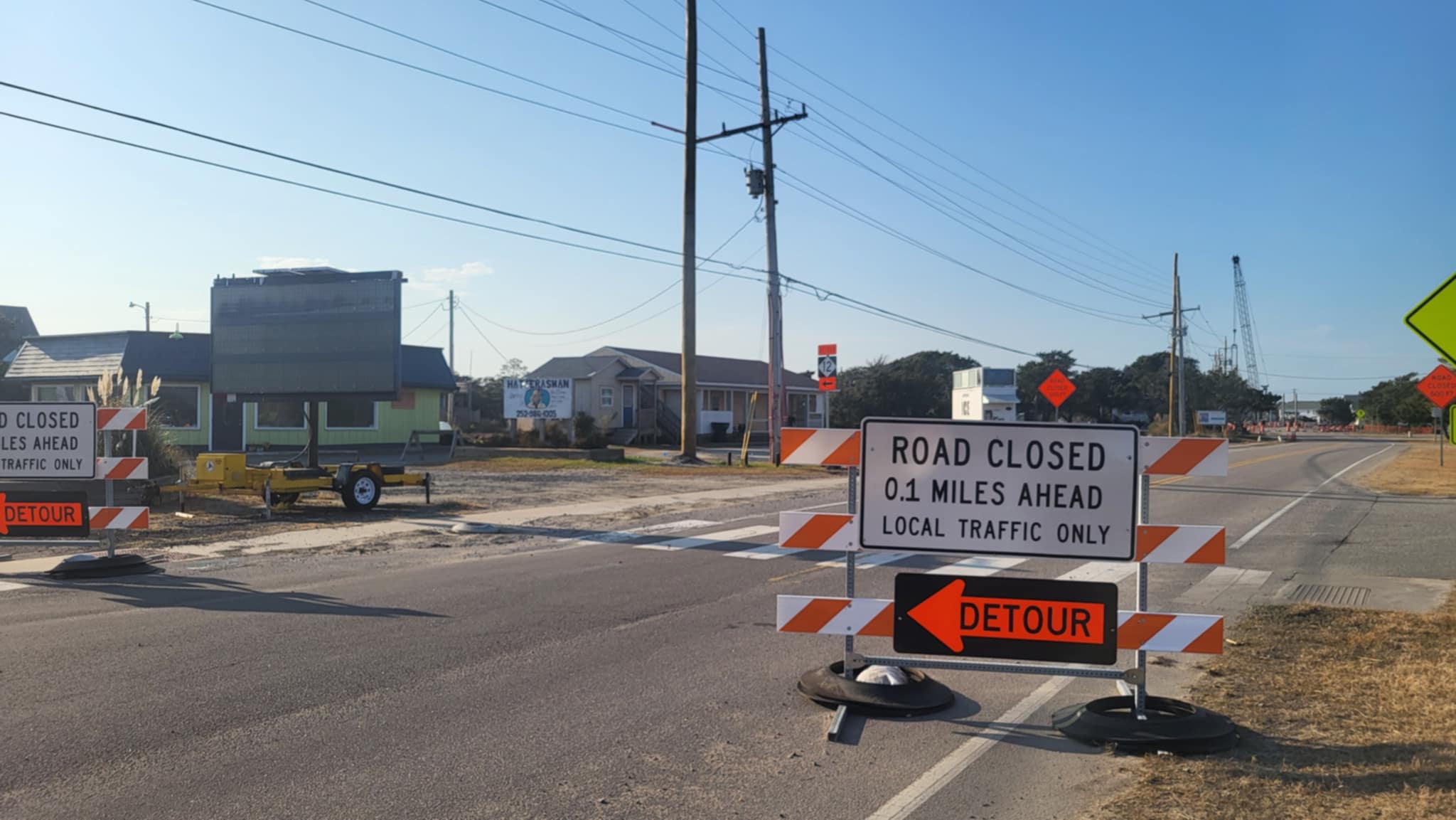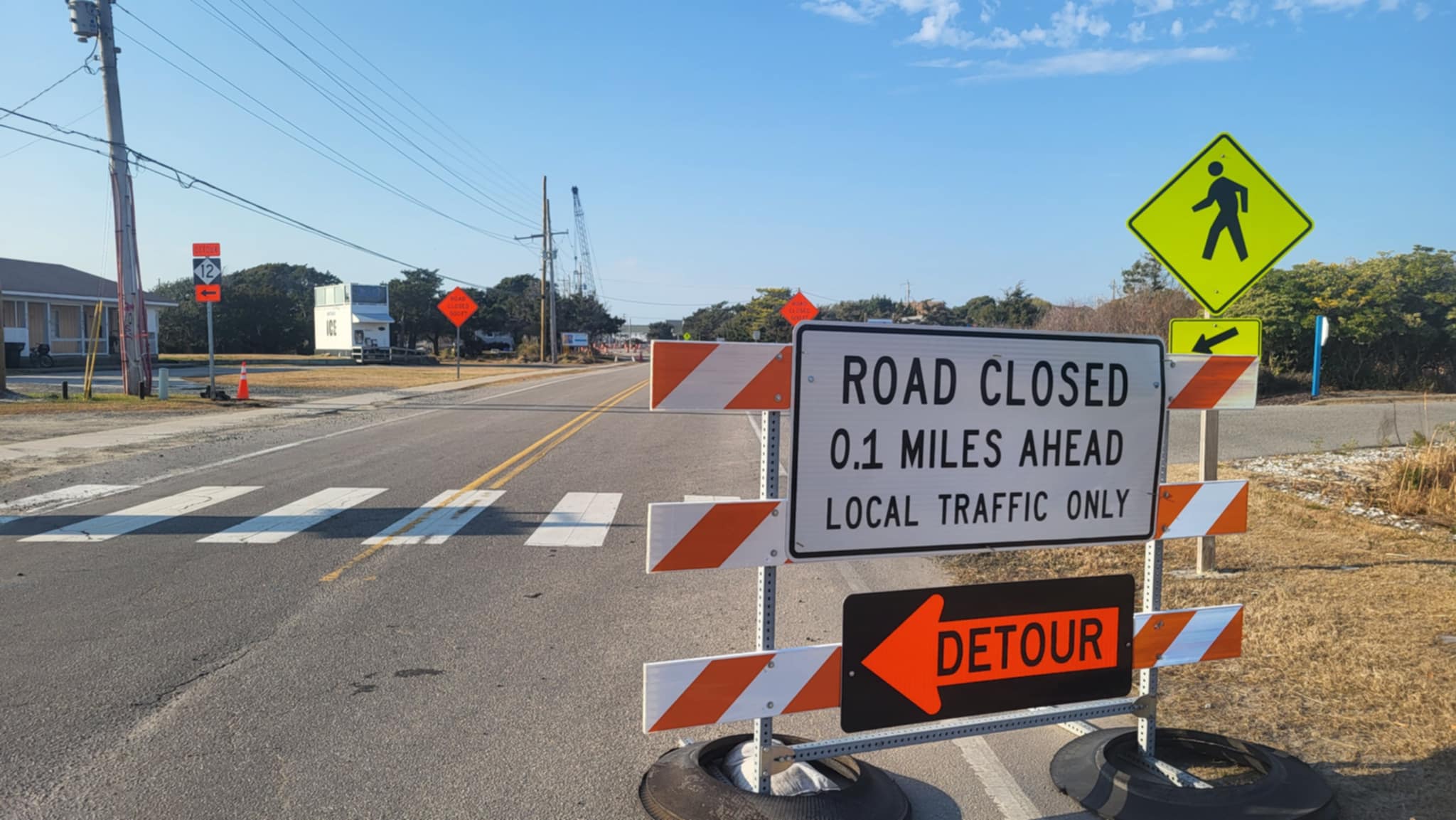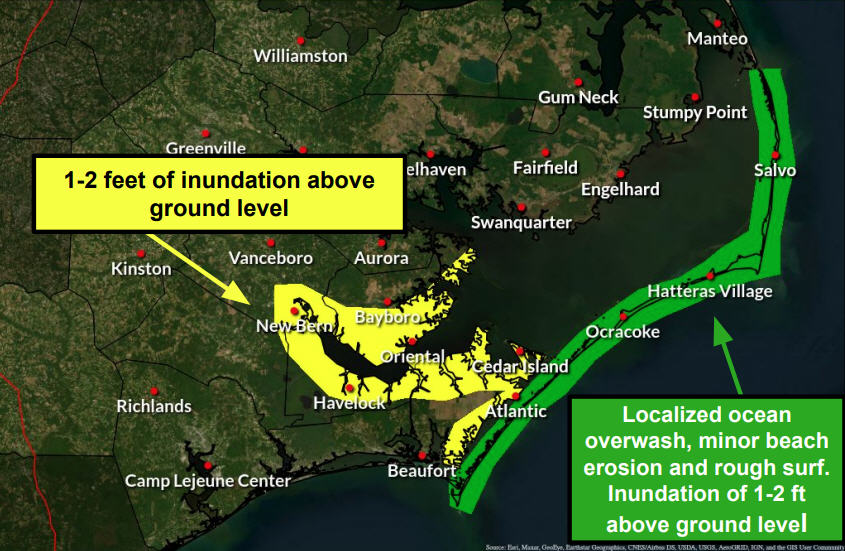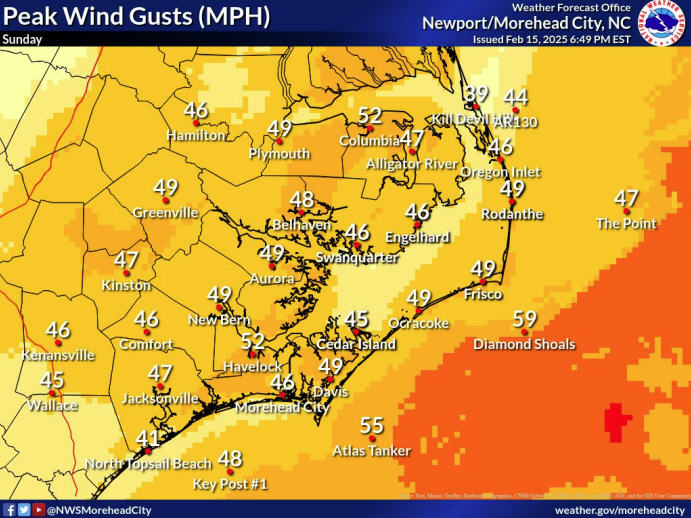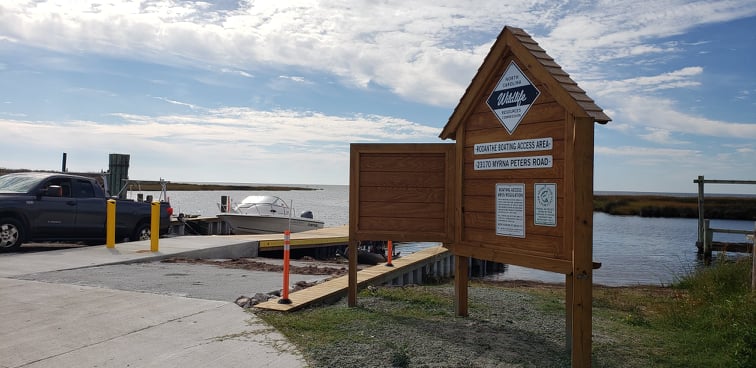Ocracoke Real Estate: Travel trailers as dwellings
By B.J. OELSCHLEGEL
By B.J. OELSCHLEGEL
The Ocracoke Planning Board has been working on bringing clarity to several portions of the island’s building ordinance, at the request of the Hyde County building inspector. The current area of discussion is the topic of travel trailers as permanent residences.
The existing wording in the ordinance was written to address the use of trailers by an employer for the purpose of short-term housing for an employee. With a shortage of long- term housing on the island, trailers are starting to provide the solution.
The expanding role of trailers in the community is not covered by the narrow scope of the ordinance. When presented with a request to place a trailer on an island lot, the current wording is not clear enough to guide the building inspector in his decision-making process.
At this point in the conversation, I need to lay out a few of the ground rules under which the board works.
We have been appointed by the county commissioners to serve on the board.
We operate within a system of information gathering. On each topic, we are talking with neighbors to survey their ideas and opinions. We are reading about the same types of ordinances in other counties. We invite participation from the villagers. Besides the initial organizational meeting, we have had two sessions, where members of the community have requested to be heard by the board. We have subsequently asked them to stay and to join in the group discussion. There are a lot of knowledgeable people living on Ocracoke and a lot of views to be expressed.
Our role is one of an advisory board only. We propose the regulations, after exhaustive discussions, and the county commissioners choose whether they will vote that proposal into law.
New proposals are not retroactive. Trailers currently in use will not be affected by any changes in the wording that we propose. There may be other ordinances, building codes or health department regulations that will be enforced on existing trailers, but any new rules will only be applied to trailer placement which occurs after the commissioners vote on our proposals.
So, onto the discussion.
The consensus among board members and those members of the community who attended our meetings is that the concern with travel trailers, as permanent housing, is not one of aesthetics, but one of health and safety.
The purpose of all regulation is to set up the guidelines which protect the health, safety, and welfare of all citizens. The most obvious examples when trying to guide development are those rules which apply to the disposal of sewage.
Setbacks from property lines are an attempt to put distance between buildings in the event of fire. Coverage of the lot has everything to do with available soil for accepting rain water. If a lot is covered primarily with impermeable surfaces, rain water will end up pooling in the road or on your neighbor’s property. The North Carolina building code calls for a structure to be built so many feet above mean high water. Our pilings allow for storm tide to run under and around our houses without lifting the structure off the foundation. The examples seem endless. As trailers go from temporary housing to becoming a more plentiful residential option, it becomes apparent that these same rules need to apply to trailers.
The first major progress we made in this conversation was to conclude that trailers should be considered a “dwelling.”
It sounds like a “duh” moment, but after pulling apart the problem to get to the basis of our concerns, this label actually made the dominoes fall into place. A dwelling is defined in the Ocracoke building ordinance as “a single unit providing complete, independent living facilities for a single family including permanent provisions for living, sleeping, cooking and sanitation.”
Trailers fit this definition. Therefore, as with all dwellings, the topics of sewage, water, electric, foundation issues, permanence, set backs, coverage, and parking would apply.
Hyde County adopted the FEMA rules and regulations to allow homeowners the opportunity to qualify for federal flood insurance. This may also apply to trailers.
More specifically, our thinking is that, as with all construction in the county, a permit is required to place a trailer dwelling on a lot. This is not new wording. It is currently part of the building ordinance. Some entity needs to be able to establish that a trailer, used as a dwelling, has met all county, state and local ordinances.
The lot would need to be at least 5,000 square feet, the minimum lot size on Ocracoke. The placement would need to meet the set back and maximum coverage requirements already established in the ordinance. All trailers would need to be hooked into an approved septic system. The system would need to have the capacity to accommodate the additional effluent from the trailer. If a three-bedroom, two-bath house with a three-bedroom, two bath septic wanted to connect an additional trailer dwelling, there would be no room in the system to accommodate the gray and black water. The soil cannot handle sewage without a system for treatment. This is a dangerous condition for the ground water table and storm tides.
Trailers would need an approved water source. The options are city water, rain water cisterns, or ground water well points which are at least 50 feet from any point of any septic system. A water hose run to a trailer is not an approved water source because of the potential for back flow into the city water system.
Proper electrical connections are an essential safety issue. Parking should be considered.
The sum total, of what it takes for a human to live, whether it be in a trailer, a 100-square-foot or a 3,000-square-foot house is serious business for a community.
The rules and regulations are there to protect the community and should apply to every living arrangement.
Therein lies the intention of The Ocracoke Planning Advisory Board and the direction in which we are moving as we rewrite the portion of the ordinance dealing with travel trailers as residences.
We welcome your input. You can write in care of Post Office Box 366. Please watch for meetings to be posted on the bulletin board at the post office or feel free to contact a board member.
(B.J. Oelschlegel has lived on Ocracoke Island for more than 30 years and has worked in the real estate business for 26 years. She is a broker with Ocracoke’s Lightship Realty and a real estate columnist for The Ocracoke Observer. You can reach her by e-mail at bj@ocracokelightshiprealty.com)
Subject
Name
(required, will not be published)
(required, will not be published)
City :
State :
Your Comments:
May be posted on the Letters to the Editor page at the discretion of the editor.
May be posted on the Letters to the Editor page at the discretion of the editor.
May be posted on the Letters to the Editor page at the discretion of the editor.
May be posted on the Letters to the Editor page at the discretion of the editor.









